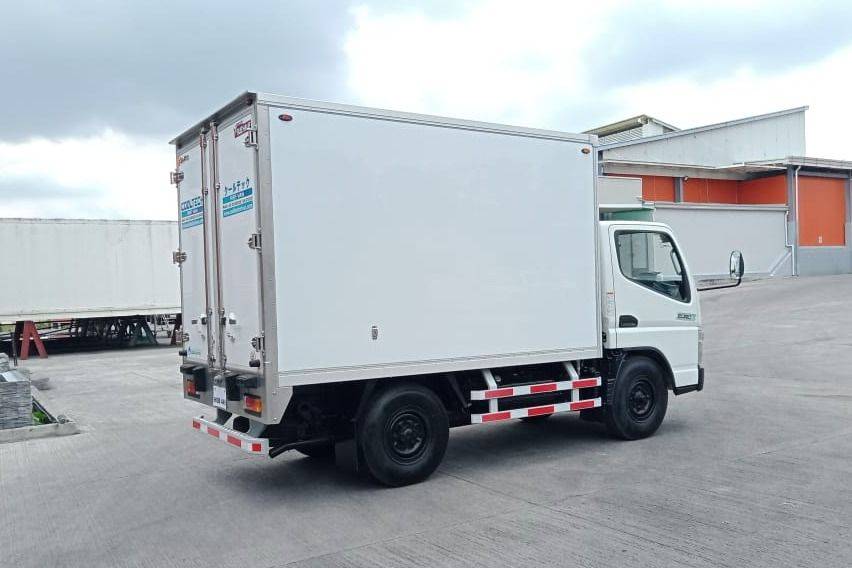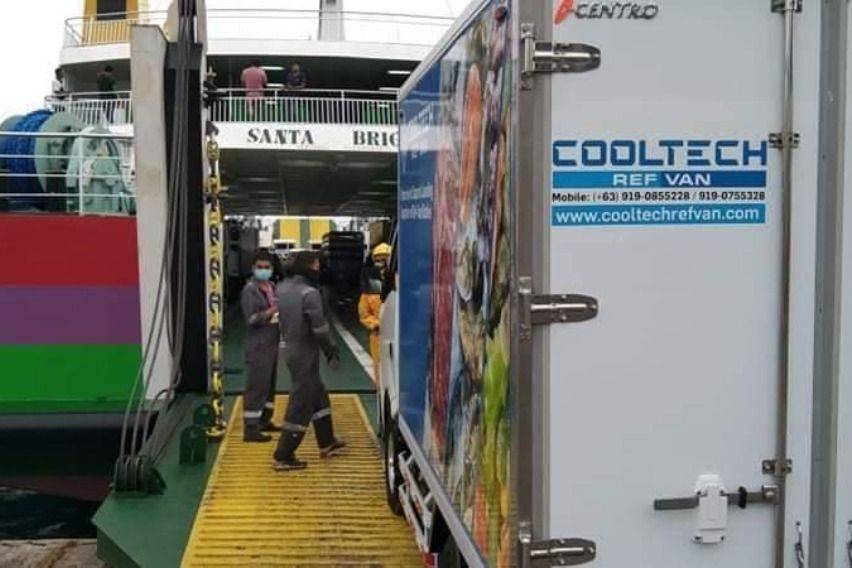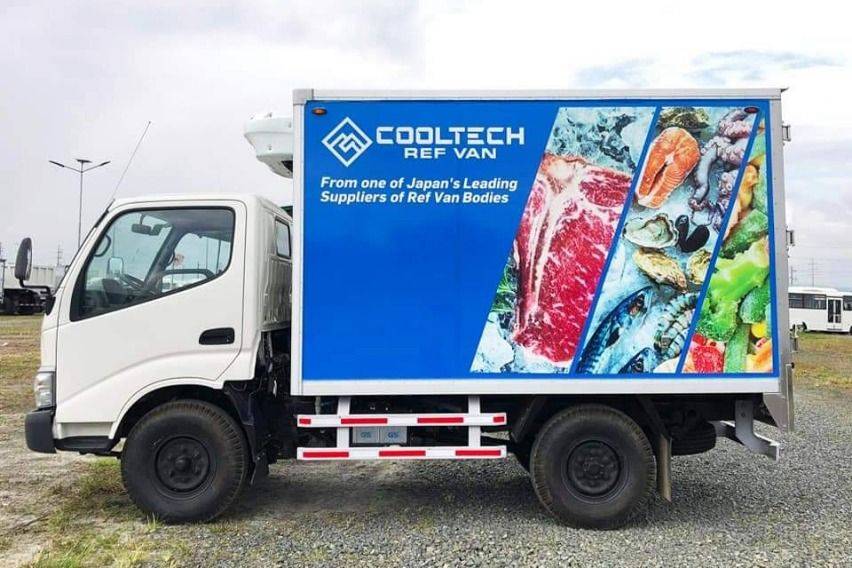How do you choose the right refrigerated van?

These days, it should be fairly easy to get a refrigerated van. However, Centro Nippon Fruehauf Cooltech Inc. (CFCI) said that it pays to know what you really need down to the last bolt for this type of vehicle, to spare buyers from a costly and time-consuming mistake.
According to the company, not every product needs a temperature-controlled van. When the product only requires an ambient temperature within the box, there is no need for a refrigeration system — just an insulated dry box with two-inch-thick insulated sandwich panels (ISP).
However, that is just the tip of the iceberg. CFCI shared some things to consider before making the purchase.

- Cargo or commodities to be transported
Before determining what type of refrigerated van you need, know how fragile the product is — if it needs to maintain a certain temperature. If the product demands a freezer, that it is the time you get the proper cooling system for it.
- Temperature or range to be maintained
Buyers should know the temperature range of the products to be moved to know the exact cooling unit needed. Also, if the refrigerated van has a freezer but needs to act as a chiller at times, then operators only need switch off the thermostat and temperature controller, turning it into an insulated dry van when needed.

- Operating procedure
Refrigerated van buyers must also take into consideration the operating procedures like the process of loading and unloading the cargo, if the refrigeration system has to be running even while bringing in and dropping off the products, the duration of loading/unloading process, the distance of every delivery cycle even the frequency of stops and drops of products that translates to door openings.
All these will be needed by the refrigerated van supplier to help recommend the perfect design to match operating needs.
- Volume or weight of cargo to be transported
Payload must also be verified to determine the gross vehicle weight (GVW) of the truck and the dimensions of the truck body that will carry the bulk.
- Body size and specs
Suppliers for these types of vehicles usually have the standard measurements for the refrigerated van box. But difference in the units is the ISP thickness of the box. This influences the speed of reaching the desired temperature and the efficiency on maintaining during the course of the delivery.
“If you need to maintain a temperature range of +2 to +8 degrees Centigrade, then what you need is a chiller of about three-inch-thick ISP. If you need a temperature of up to -25 degrees C, then you will need a freezer of about four inches thick ISP,” CFCI said.
CFCI even suggested that ISP material should be less absorptive of water, lightweight and with a low thermal conductivity, like the extruded polysterene (XPS).

- Preferred truck brand and refrigeration system:
After all the aforementioned has been cleared, customers must look for a supplier that can match body types with the truck models that they prefer. This is best served by a local ISP manufacturer who can cut and trim the ISP panels to the desired sizes.
Moreover, since the extra load on the compressor might not fit some powertrains, buyers must also find good deals such as giving the vehicle’s alternator an upgrade. Aside from that, look at the warranty coverage and the supplier’s track record in delivering quality and timely after-sales service.
- Check for other options
Further, check convenience-related options to match the operations. This will benefit the driver and the helper, and forge a strong relationship to help the business grow further.
CFCI claimed that it can help buyers get the targeted vehicle easier and faster, while following the customer’s preference and delivering it within seven working days within Metro Manila or nearby provinces.
Photos from Centro Nippon Fruehauf Cooltech Inc. (CFCI)
Also read:
Centro Supports Nationwide Modern PUV Caravan
Truck builder Centro provides COVID-19 solutions in mass transport
Featured Articles
- Latest
Recommended Articles For You
Featured Trucks
- Latest
- Upcoming
- Popular
Truck Articles From Zigwheels
- News
- Article Feature
- Road Test

